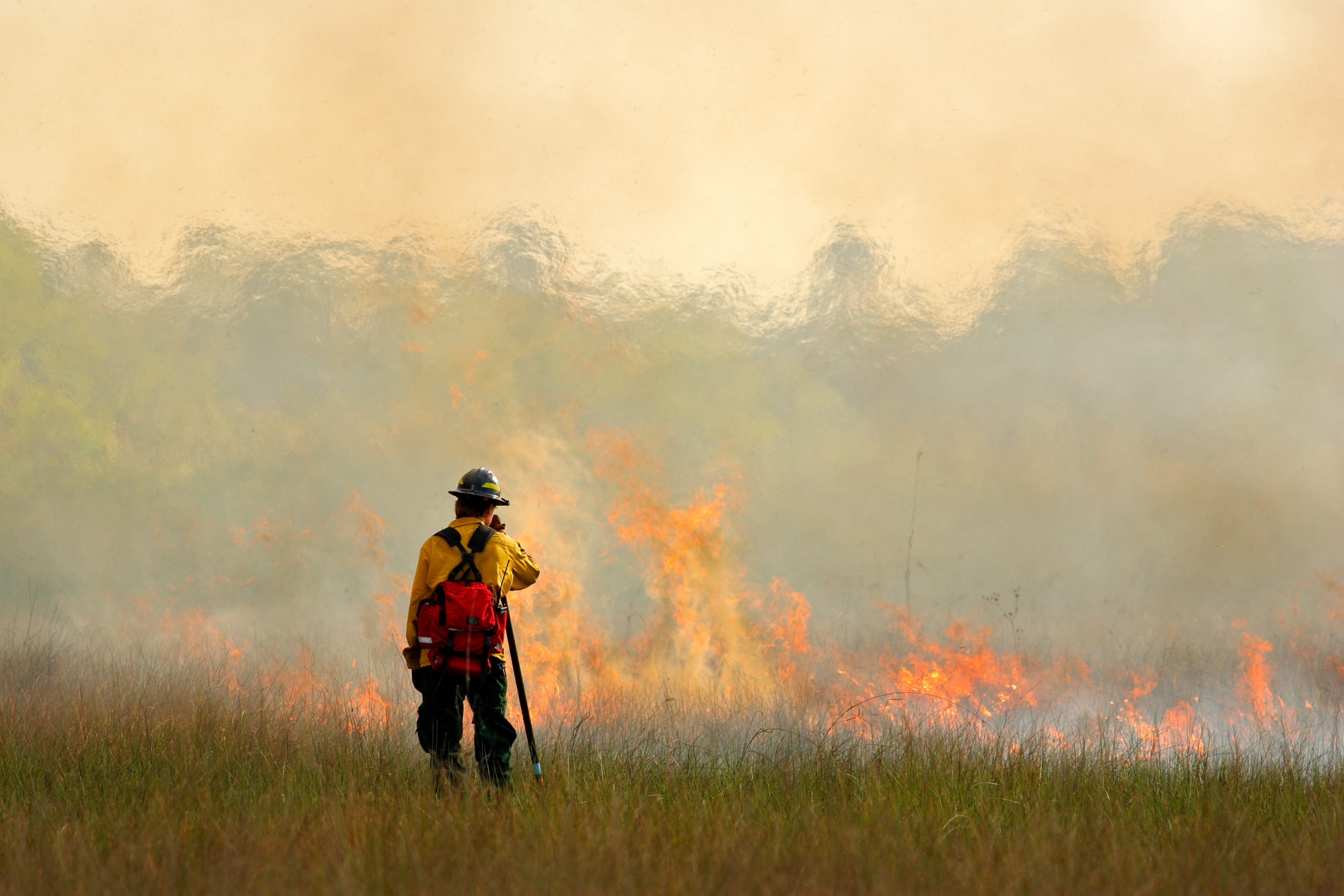Reliance on petroleum fuels and raging wildfires: Two separate, large-scale challenges that could be addressed by one scientific breakthrough.
Woody debris (or biomass) is in extremely abundant supply, and disposal, whether an intentional burn or an accidental wildfire, is a major source of air pollution. Researchers from the Joint BioEnergy Institute (JBEI) and the Advanced Biofuels and Bioproducts Process Development Unit (ABPDU) have collaborated to develop a streamlined and efficient process for converting woody plant matter like forest overgrowth and agricultural waste into liquid biofuel. This research was published recently in the journal ACS Sustainable Chemistry & Engineering.
Efforts to convert woody biomass to biofuel are typically hindered by the intrinsic properties of wood that make it very difficult to break down chemically, added ABPDU research scientist Eric Sundstrom. ”Our two studies detail a low-cost conversion pathway for biomass sources that would otherwise be burned in the field or in slash piles, or increase the risk and severity of seasonal wildfires. We have the ability to transform these renewable carbon sources from air pollution and fire hazards into a sustainable fuel.”
Read more at the Berkeley Lab News Center.





